Here's the game you didn't know you needed to play
Electricity distribution networks are complicated. So are the games based on them.
We're coming into the thick of the summer heat. Here are Bill Hero and Energy Coach's top tips and tricks to keep cool without breaking the bank on your energy bills.

As the heart of summer in Australia, January is characterized by long, hot days and often sultry nights. This month, energy consumption can skyrocket, primarily due to the use of air conditioning systems to combat the heat. However, there are several strategies that Australian households can implement to reduce their energy usage while maintaining comfort. This article provides a comprehensive guide to energy efficiency for January, with a focus on cooling, smart appliance use, and lifestyle adjustments.
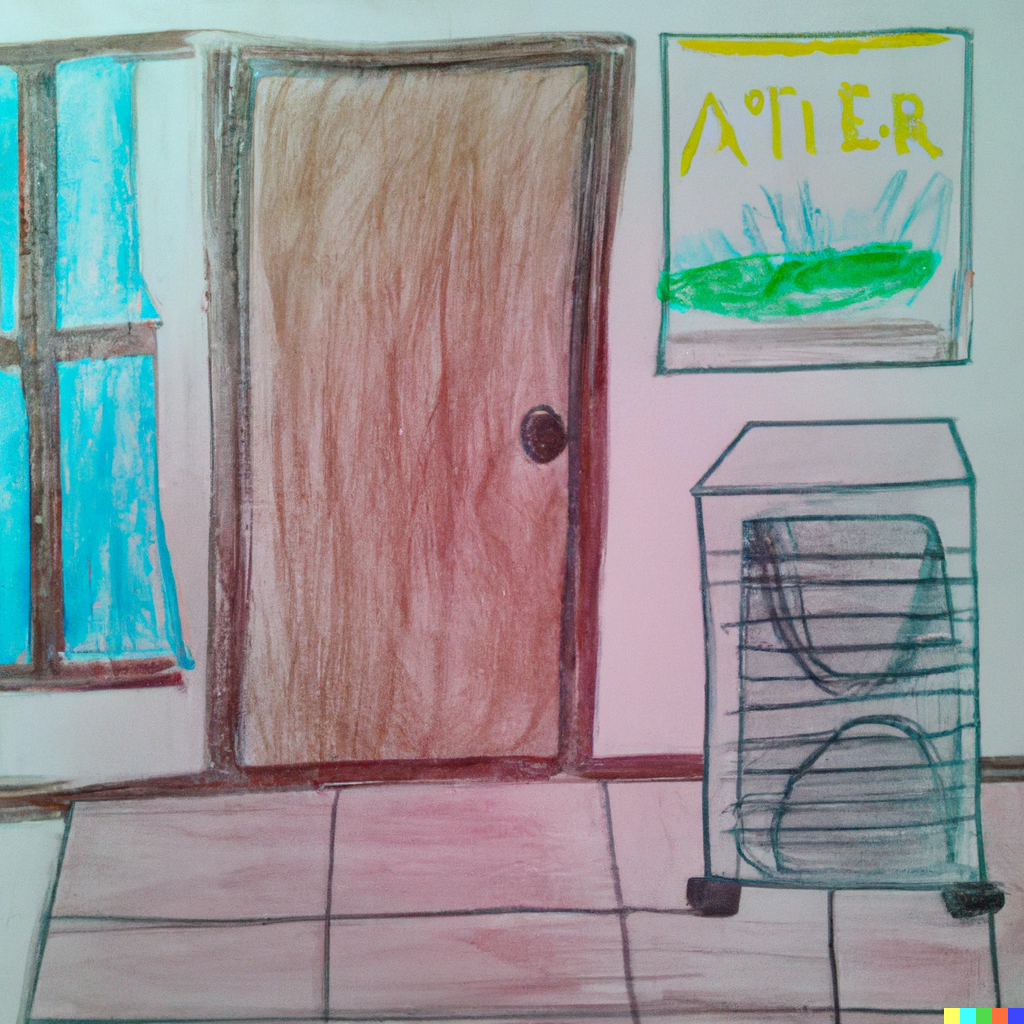

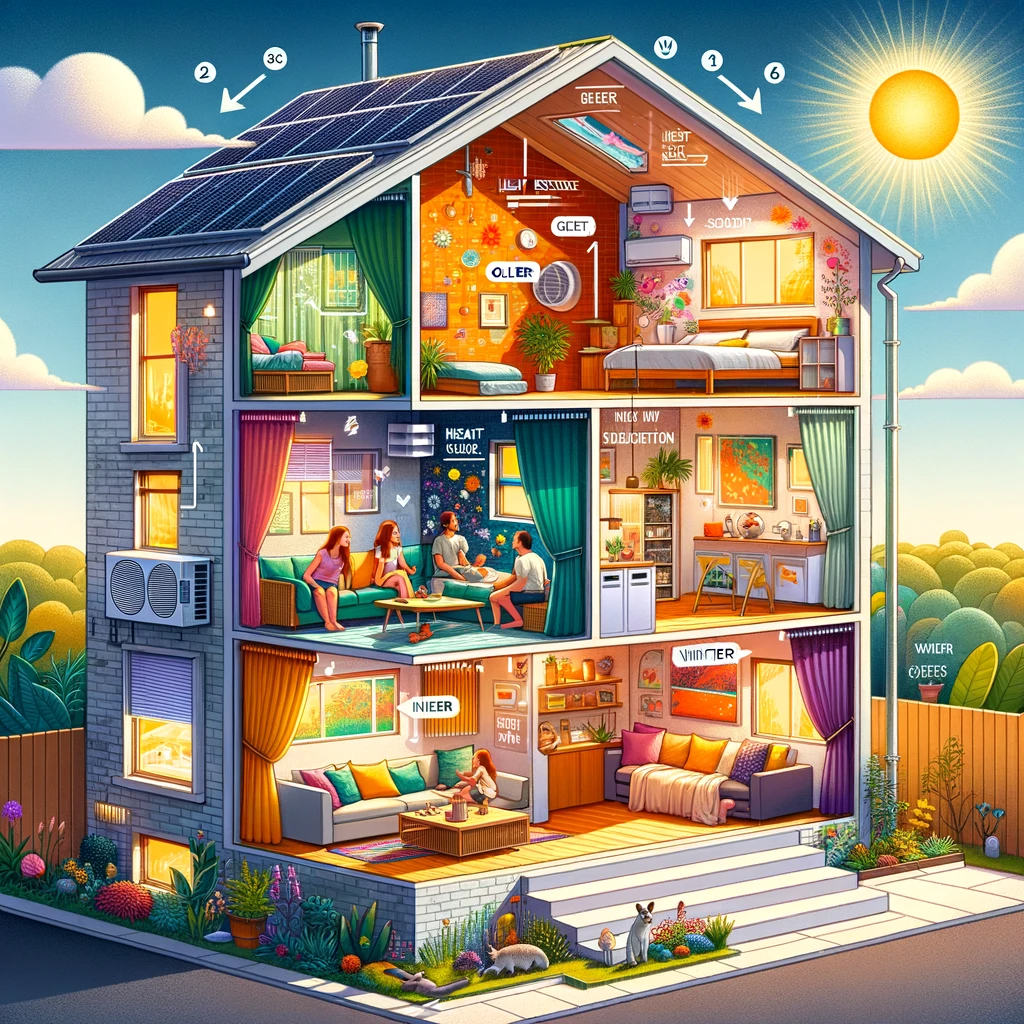
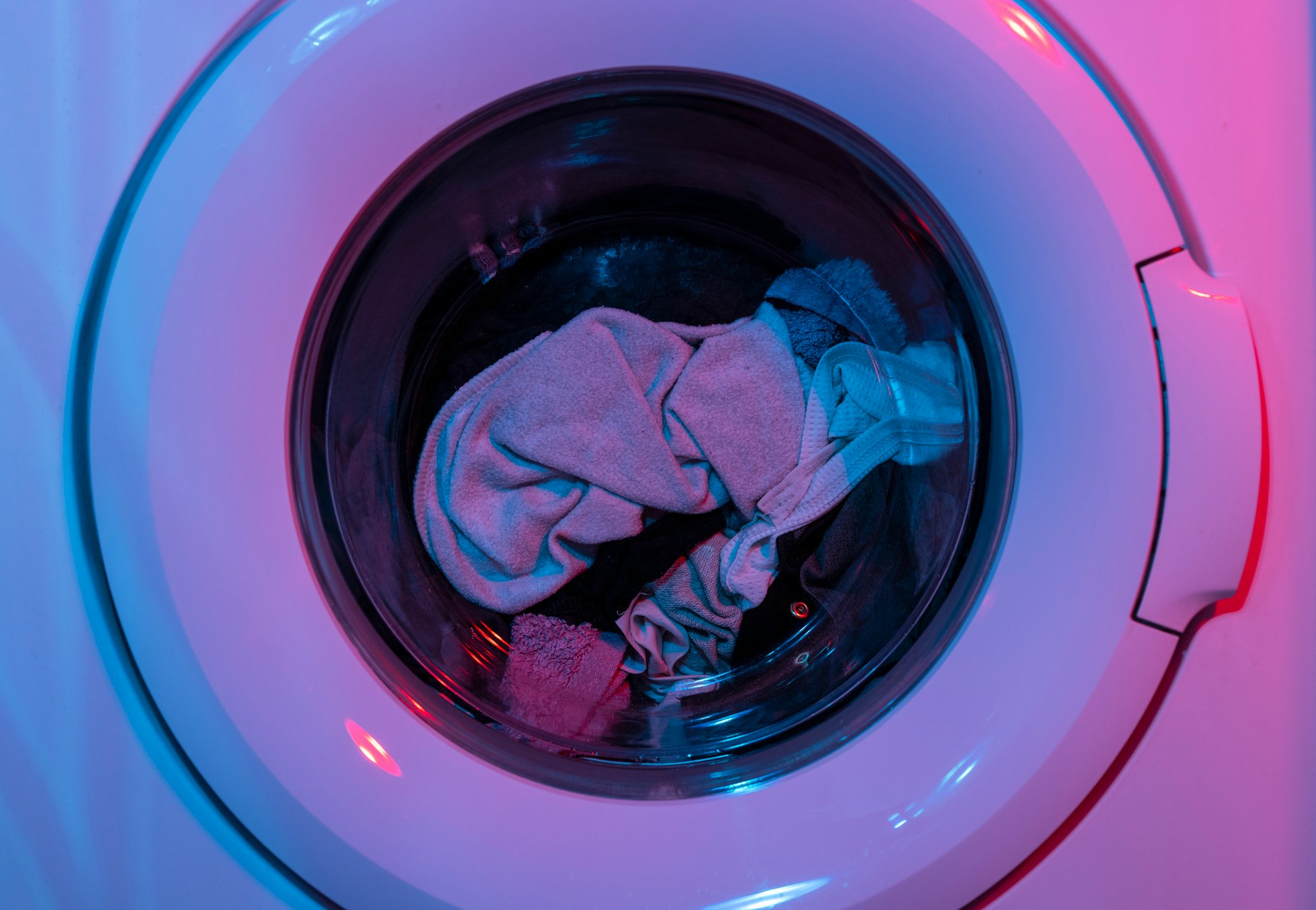
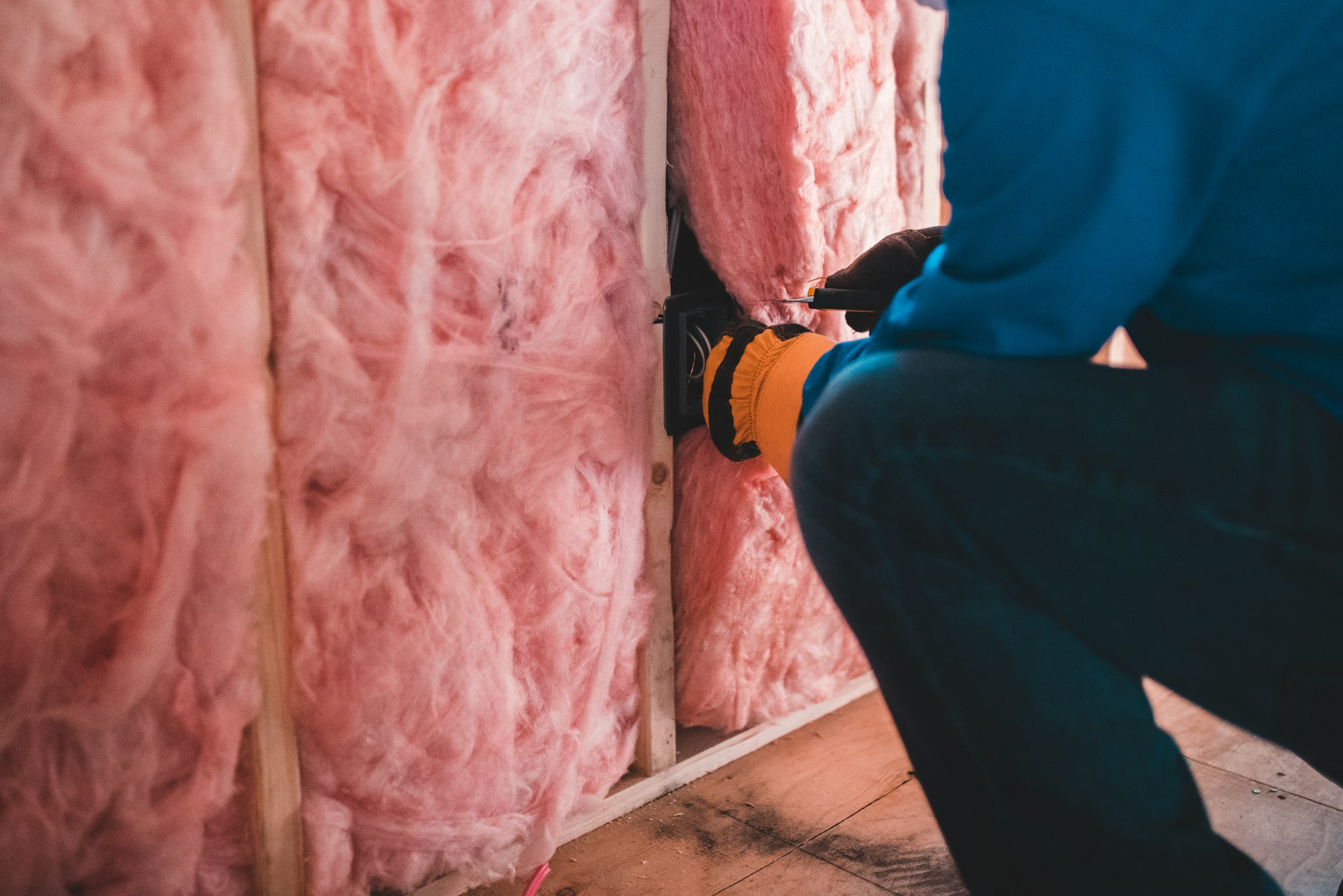
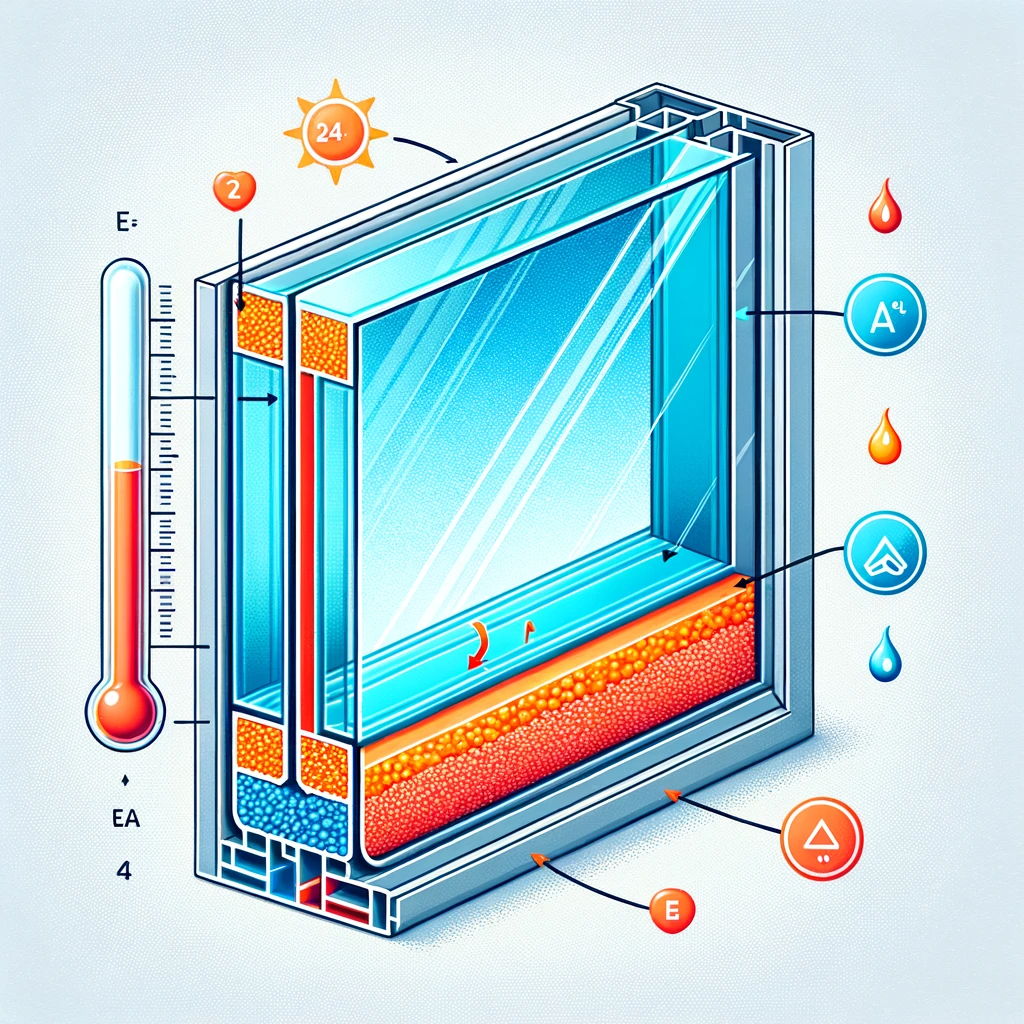
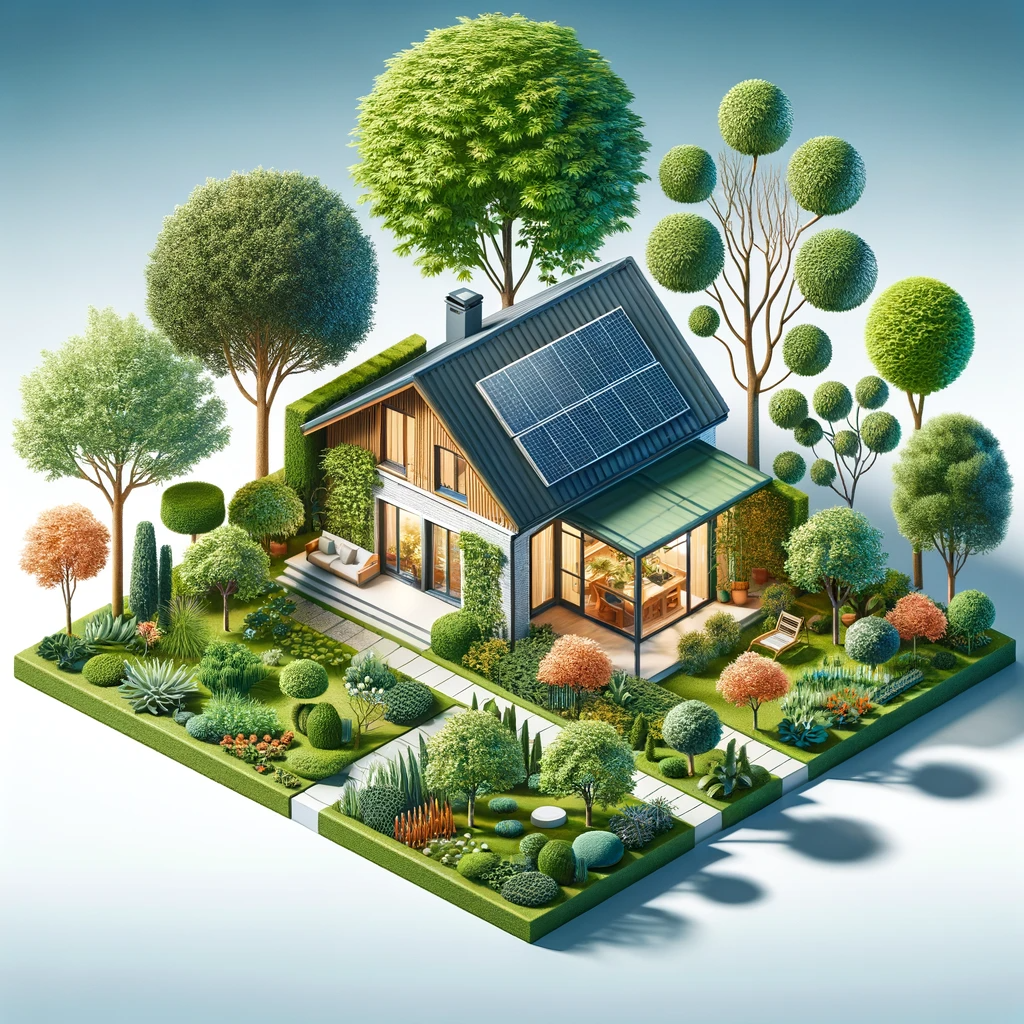
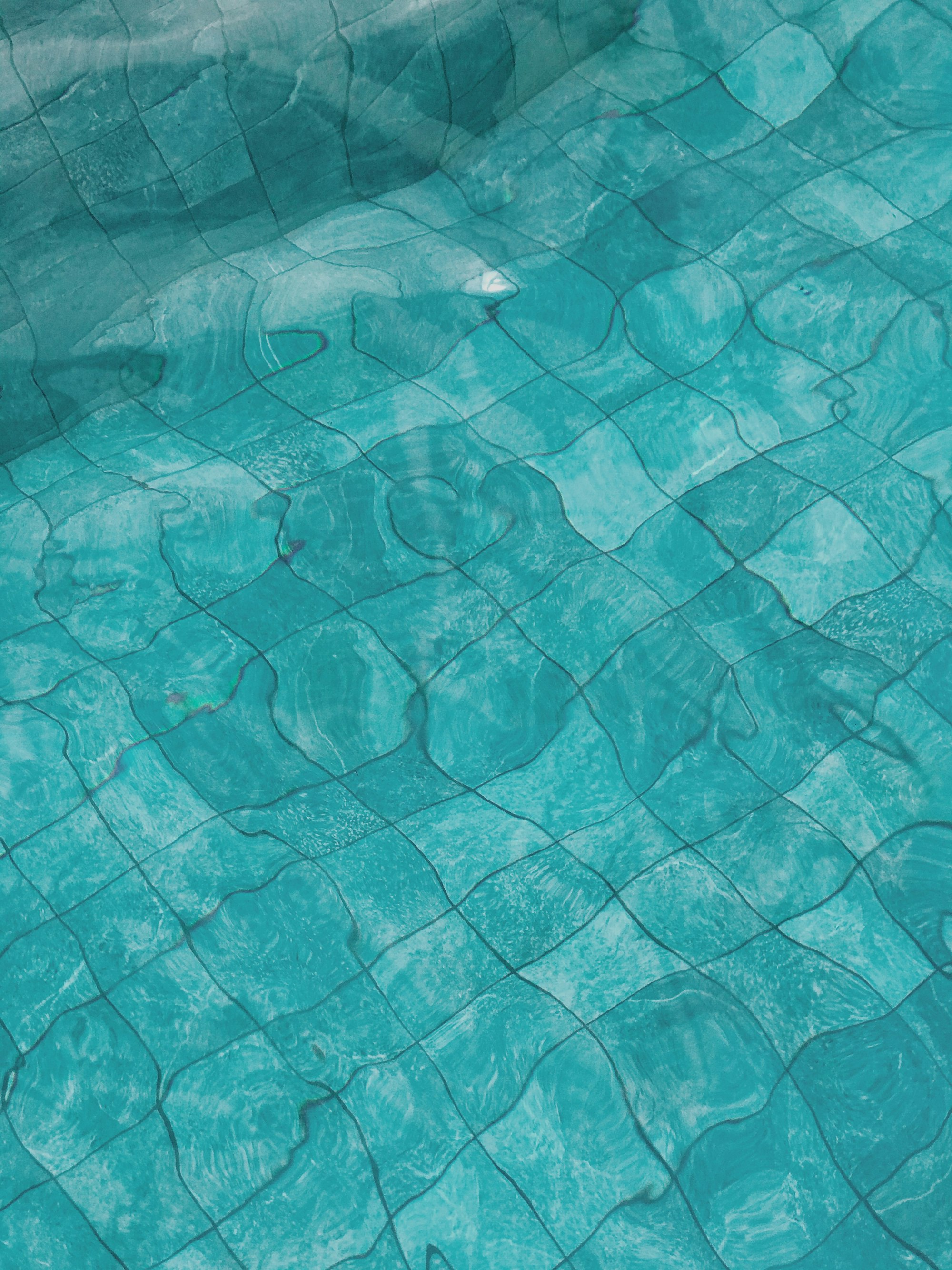
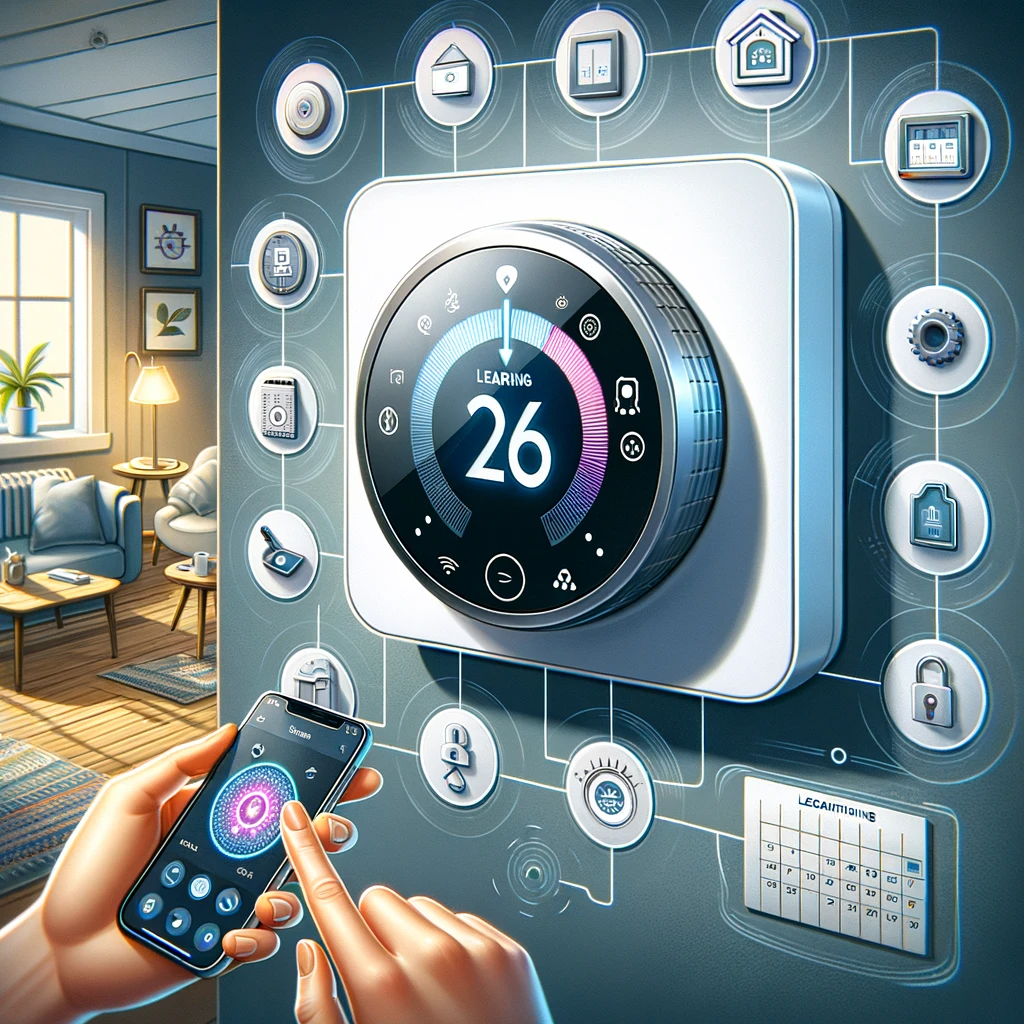
Managing energy efficiency in January in Australia requires a mix of smart cooling practices, efficient appliance use, and lifestyle changes. By implementing these tips, households can significantly reduce their energy consumption without compromising on comfort.
Energy efficiency is not only beneficial for reducing electricity bills but is also crucial for environmental sustainability. Bill Hero and Energy Coach will help you make this January a stepping stone towards greater energy-efficiency in the year ahead. Look out for our month-by-month tips and tricks
Savings as a Service is the blog site and newsletter from Bill Hero. Subscribe now and get your energy savings tips and information delivered fresh to your inbox every month.